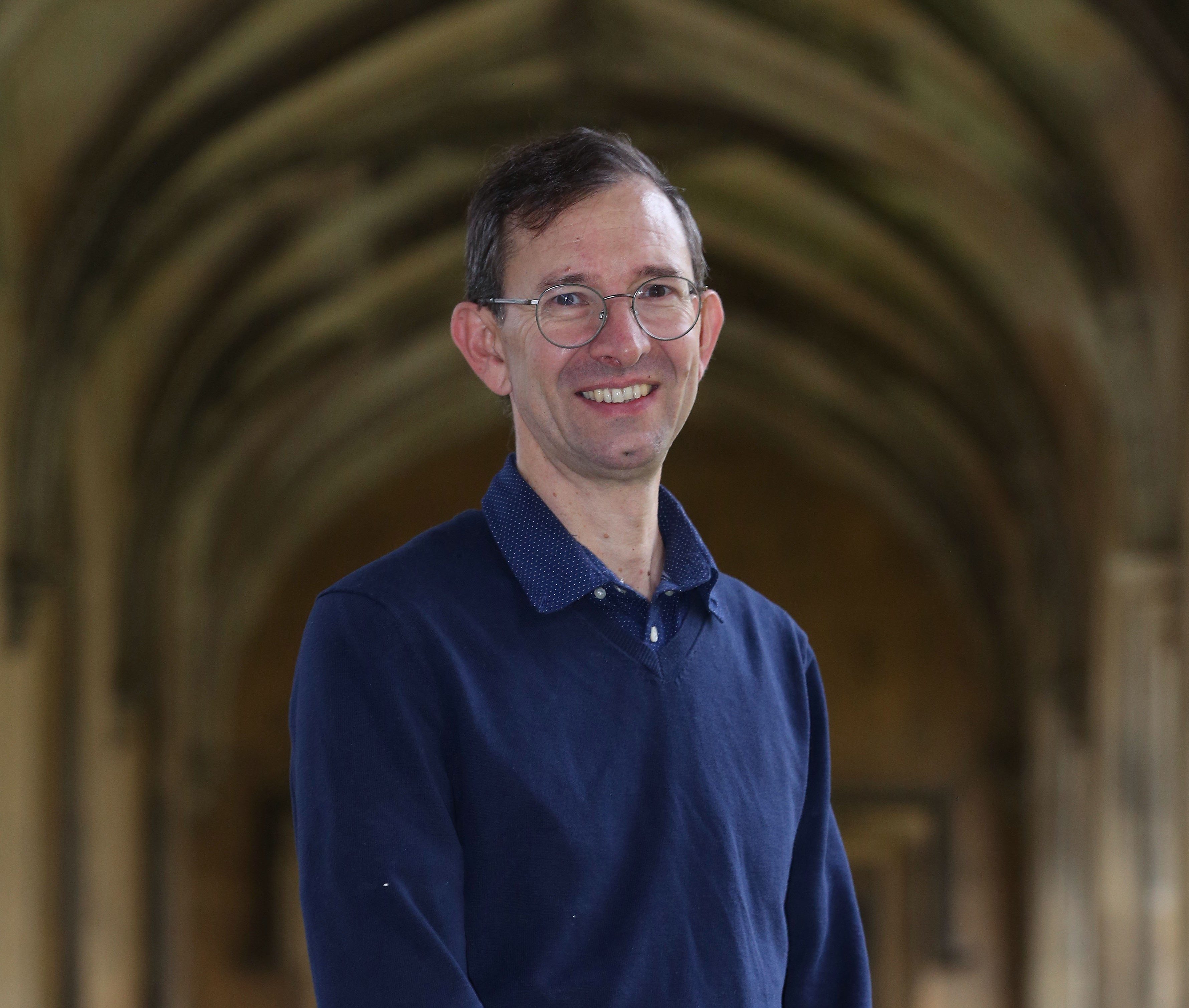‘Exceptional’ St John’s scientist elected as Fellow of the Royal Society
“These individuals have pushed forward the boundaries of their respective fields and had a beneficial influence on the world beyond”
Evolutionary biologist Professor Chris Jiggins has been named as one of the new Fellows of the Royal Society for his ‘substantial contribution to the advancement of science’.
Professor Jiggins is Director of Studies at St John’s for Natural Sciences (Biological) and a Fellow of the College. He joins 58 other new Fellows on the list of new members of the oldest science academy in continuous existence including vaccinologist Dame Sarah Gilbert, who co-developed the AstraZeneca Covid-19 vaccine, and Professor Sir Christopher Whitty, Chief Medical Officer for England, who led the UK’s response to the pandemic.
He studies adaption and speciation in the Lepidoptera (butterflies and moths). In particular he is interested in studying how species converge due to mimicry as a model for understanding the predictability of evolution and the genetic and ecological causes of speciation.

Professor Jiggins demonstrated the importance of hybridisation and movement of genes between species in generating novel adaptations. He also works on agricultural pest cotton bollworm and carries out genomic studies of the insect bioconversion species, black soldier fly.
He said: “I am hugely excited and honoured to be elected to the Royal Society. It is a tribute to all the wonderful people who have worked with me over the years, and I would also like to thank St John’s College for providing such a supportive base in Cambridge.”
Sir Adrian Smith, President of the Royal Society, said: “I am delighted to welcome our newest cohort of Fellows. These individuals have pushed forward the boundaries of their respective fields and had a beneficial influence on the world beyond.
“Among this year’s intake are individuals who were at the forefront of the response to the Covid-19 pandemic, and those working on global challenges, from TB to climate change. They are pioneering scientists and innovators from around the world who have confounded expectations and transformed our thinking.
“This year’s intake have already achieved incredible things, and I have no doubt that they will continue to do so. I look forward to meeting them and following their contributions in future.”
This year sees 59 Fellows, 19 Foreign Members and two Honorary Fellows elected, reflecting changes introduced in 2023 that increased the maximum number who can be elected. This will help create a broader and more engaged Fellowship and support the Society’s mission of championing excellence in research and science for the benefit of humanity.
The Fellows and Foreign Members join the ranks of Stephen Hawking, Isaac Newton, Charles Darwin, Albert Einstein, Lise Meitner, Subrahmanyan Chandrasekhar and Dorothy Hodgkin.
Published: 11/5/2023